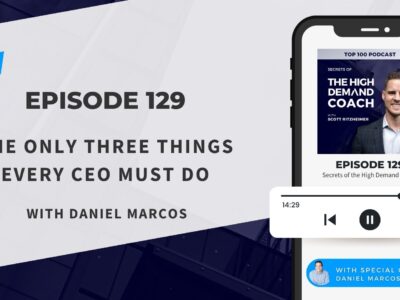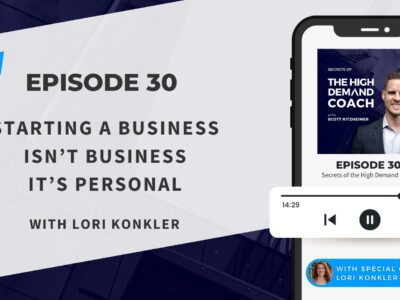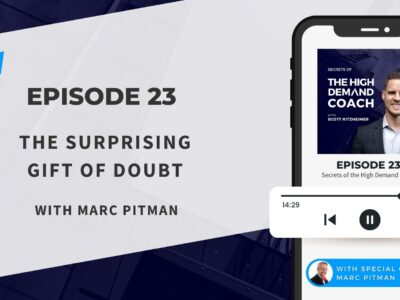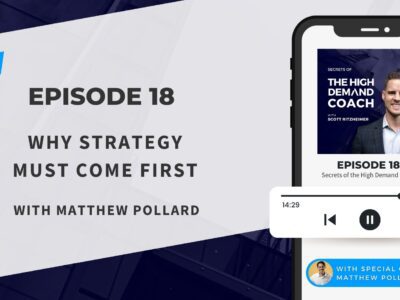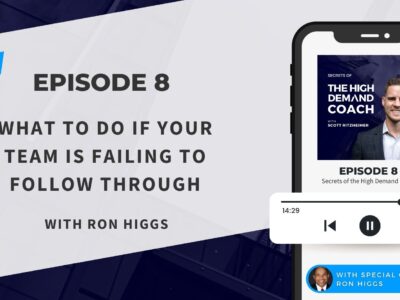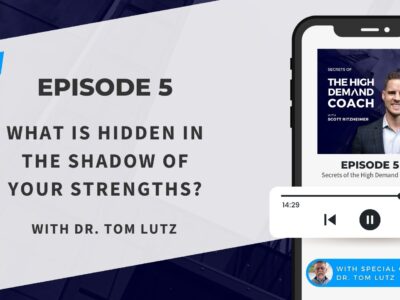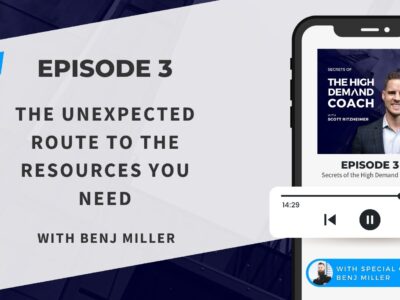Becoming a Better Founder through Physical Fitness with Derick Johnson – Ep. 131
In this ardent episode, Derick Johnson, Owner and Life Coach at Fit with Derick, shares how he helps his clients break old patterns to thrive and not just survive in their professional and personal lives.
You will discover:
- How to exercise for success (not just a six-pack)
- The cost of not being present for your own life
- One simple step to get your physical and mental health goals back on track


